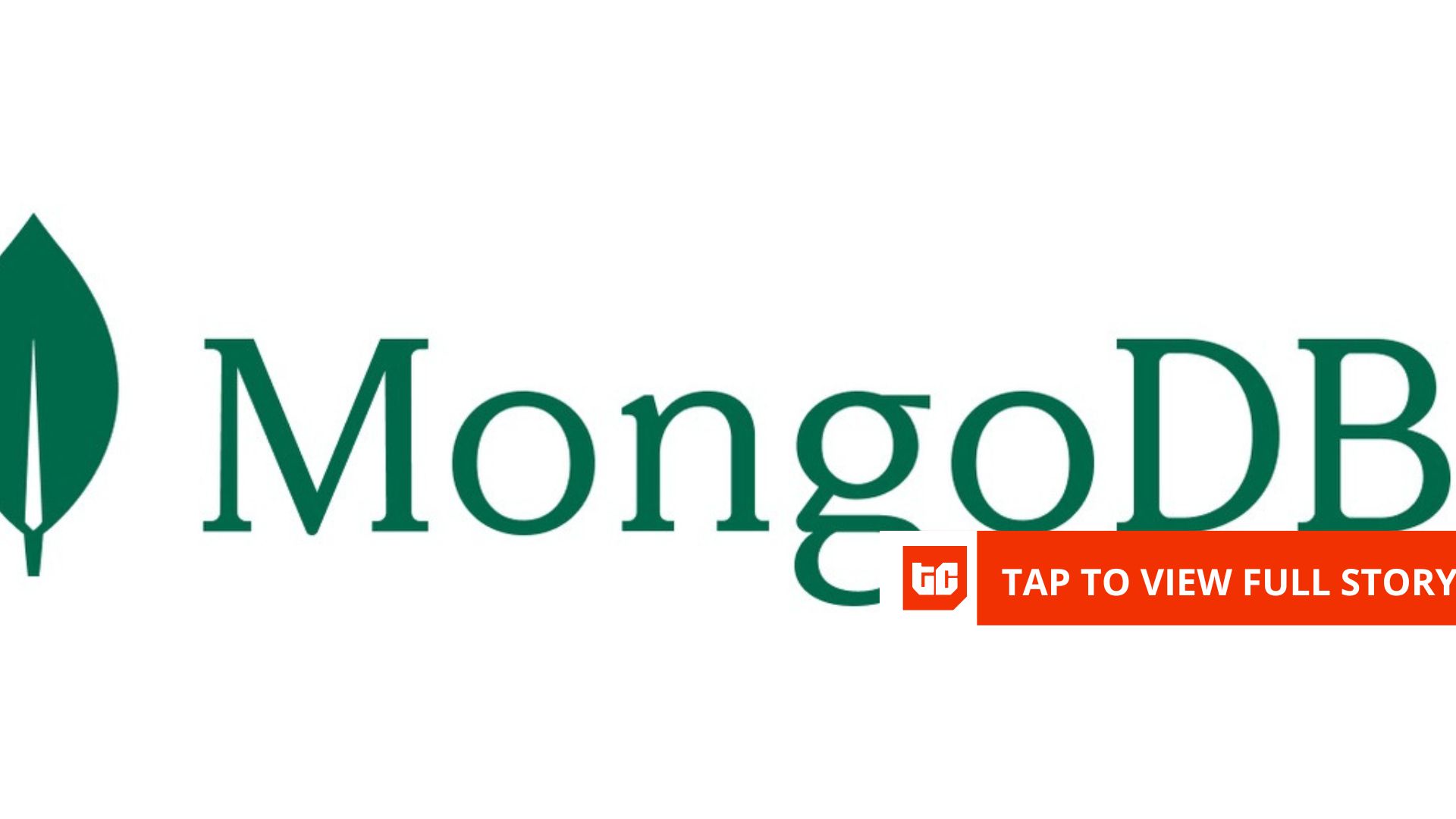MongoDB, a global database management systems provider, is officially entering the African market, starting with Nigeria, as it looks to tap into the continent’s projected $100 billion digital economy. This move is anchored by a strategic partnership with Tier 5 Technologies, a West African enterprise IT and cloud services provider, and marks MongoDB’s first physical presence on the continent. The company is betting on Nigeria’s fast-growing tech sector to serve as a launchpad for wider African expansion.
Founded in 2007, MongoDB began as a NoSQL alternative to traditional relational databases, offering developers a more flexible and scalable way to manage unstructured data. Over time, it has evolved into a full-scale developer data platform used by over 52,000 customers in more than 100 countries, including major institutions like JP Morgan and Coinbase. Its flagship product, MongoDB Atlas, is a cloud-native database designed for modern applications across fintech, e-commerce, AI, and more. The choice of Nigeria as the company’s entry point into Africa is no coincidence. As the continent’s most populous country and a leading innovation hub, Nigeria boasts a $10 billion tech industry, a digitally progressive banking sector, and one of Africa’s largest developer communities. Despite economic challenges, the country continues to attract international investment and produce globally recognised startups. Tier 5 Technologies, which has offices in Lagos, Abuja, Kigali, Nairobi, and Accra, will serve as MongoDB’s primary implementation and support partner in West Africa. The firm works across key sectors including finance, telecommunications, and government.
According to Tier 5’s Director of Sales, Afolabi Bolaji, the MongoDB partnership is strategic and future-focused. “This isn’t just a reseller deal,” Bolaji said at the official launch event in Lagos on Thursday. “We’ve made significant investments in MongoDB because we believe it will underpin the next generation of African innovation. Many of our customers—from nimble fintechs to established banks—already rely on it. Now, they’ll have access to enterprise-grade features, local support, and global expertise.”
MongoDB’s product suite includes three core offerings: the open-source Community edition, the Enterprise edition (designed for large-scale deployments with enhanced security), and MongoDB Atlas, its fully managed cloud database available across AWS, Google Cloud, and Microsoft Azure. The Atlas product is especially relevant in Africa, where cloud adoption is rising, and traditional IT infrastructure remains a challenge. By delivering scalable, low-latency databases via the cloud, MongoDB aims to bypass infrastructure limitations and empower developers to build world-class applications—whether in Lagos or Nairobi.
Mahmoud Thakeb, MongoDB’s Regional Head for Africa, described the expansion into Nigeria as a “crucial moment” for the company. “We’ve supported banks, startups, and telcos from afar, but we knew a deeper commitment was needed,” he said. “Nigeria has the scale, talent, and ambition that aligns with our mission. This isn’t just about selling a product—it’s about building an ecosystem.”
Thakeb added that MongoDB’s goal is to democratise access to cutting-edge technology. “We’re not saying throw out SQL or legacy systems overnight. We’re saying developers in Africa should have the same tools and opportunities as developers in London or San Francisco.”
MongoDB’s entry reflects a broader shift in how Africa is perceived by global technology leaders. No longer just a consumer market, the continent is being recognised as a source of innovation, technical talent, and enterprise demand. The company’s presence could help catalyse further investments in cloud infrastructure, data skills development, and digital transformation initiatives. With surging demand for solutions in fintech, logistics, AI, and edtech across the continent, MongoDB’s arrival is timely—and potentially transformative.
By embedding itself in Nigeria’s digital ecosystem and backing it with Tier 5’s regional reach, MongoDB is signaling a long-term commitment to Africa’s tech future. And if the bet pays off, the company won’t just gain market share, it could help define how Africa builds its digital economy from the ground up.
Crédito: Link de origem


